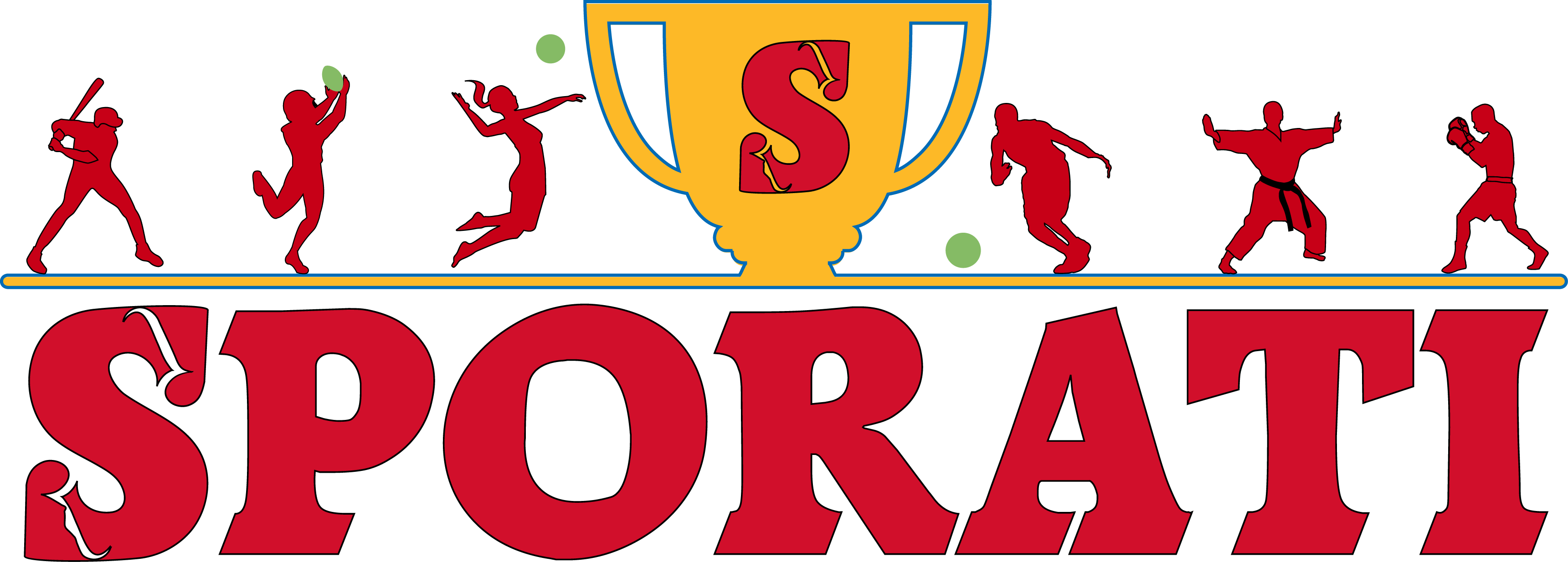Ledecka Criticizes 2026 Schedule
Elite athletes are no strangers to challengeson and off the slopes. But for the legendary Ester Ledecka, who has built her iconic career on an ability to conquer seemingly incompatible Winter Olympic disciplines, the upcoming 2026 Olympic schedule might just be her steepest hill yet. The Czech superstar, known for her uncanny ability to shine in both alpine skiing and snowboarding, took a swipe at the recently announced schedule that she claims jeopardizes her chances of performing at her peak in both events due to unfortunate timing overlaps.
An Unparalleled Athlete Facing a Paradox
Ledecka’s accomplishments speak volumes. She made history at the 2018 PyeongChang Winter Olympics, taking home gold medals in both snowboarding’s parallel giant slalom and alpine skiing’s super-G. With that historic feat, she earned her place among the greatest Winter Olympians of all time, establishing herself as a multi-discipline marvel. Yet even athletes of her stature are bound by the constraints of the clock.
The 2026 Winter Olympic schedule, unveiled earlier this month, places Ledecka’s two specialties unforgivably close. The alpine skiing and snowboarding events are scheduled just days apart, leaving her with little time to recover, prepare, and perform at her highest potential. It’s a logistical conundrum fit for an athlete half her caliberlet alone for someone aspiring to defend titles in both disciplines.
“The schedule simply doesn’t leave enough room for an athlete to give their best in both events. It’s disappointing and disheartening,” said Ledecka in a recent interview on the matter.
The Scheduling Tightrope
Olympic schedules are no small undertaking. Organizers must cater to factors ranging from athlete logistics to broadcasting demands, alongside unpredictable weather conditions. But even so, Ledecka’s plight underlines an unfortunate reality: Merging multi-discipline athletes often become afterthoughts. While most competitors focus on a single sport, Ledecka’s extraordinary situation has exposed fissures in the organizational framework.
To ice the slope, the 2026 Winter Olympics in Milan-Cortina has introduced other changessome designed and others perhaps an oversight. The compressed timelines in the snowboarding and alpine skiing categories seem to force athletes like Ledecka into making uncomfortable choices, tarnishing the spirit of competition that the Olympics are supposed to celebrate.
Double Gold, Double the Pressure
For Ledecka, however, it’s about more than just the pursuit of medals. It’s about competing at the highest level in disciplines she’s worked years to master. The Czech athlete has already laid out her grievances about the limited recovery period between key races, warning that it inherently hurts dual-sport athletes. In her view, it *forces specialization* and punishes versatility.
As someone who defied oddsstunning the world in PyeongChang by becoming the first female athlete to win gold medals in both snowboarding and alpine skiingLedecka knows her body is capable of miraculous performances. But even miracles thrive best when given proper breathing room.
What’s Next for Ledecka and the IOC?
The International Olympic Committee (IOC) has yet to respond directly to Ledecka’s critiques, but many sports insiders suggest her concerns are valid. While logistical challenges are understandable, some argue adjustments ought to be made for exceptional athletes who have elevated the global stage.
This raises crucial questions: Should Ledecka prioritize snowboarding or alpine skiing in 2026? Could the IOC accommodate special cases moving forward in a way that rewards athletic diversity? Or is compromise simply part of the multi-sport Olympic dream?
Fans Rally Behind Ledecka
When you’re the kind of superhero Ledecka is, fans tend to rally to your side. Social media lit up with supportive messages urging the IOC to #FreeTheSchedule. Prominent voices in the sports community even suggested that such scheduling tightness undercuts the magic of the Olympics, which were designed to honor the full breadth of athletic talent, not pit athletes’ strengths against a stopwatch.
“We owe athletes like Ester the opportunity to showcase what makes them unique,” tweeted one fan. “Shame on the 2026 schedulers for forcing compromises.”
A Call for Rethinking the Olympic Future
Ledecka’s frustrations are more than individual complaintsthey’re a glimpse into broader conversations about fairness, inclusion, and the treatment of outliers in elite sports. With dual-discipline athletes on the rise, how many could potentially contend for double gold yet feel restrained from doing so by arbitrary logistics?
As the 2026 Milan-Cortina games approach, all eyes will remain on discussions surrounding the scheduleand, of course, on Ledecka. Whether she can defy expectations once again is yet to be seen. But one thing remains clear: Her vocal criticism has ignited a dialogue about the evolving nature of Olympic competition.
The Final Turn
In her inimitable style, Ledecka could make all these debates moot by swooping down both snowboarding slopes and alpine skiing courses to assert her dominance. Until then, the onus is on organizers to think beyond traditional categories and ensure that when the best athletes in the world gather, they’re set up for successnot splintered by constraints.
For now, at least, Ester Ledecka remains the quintessential Olympic trailblazerone whose fight for fairness might reshape the playing field for future generations.

